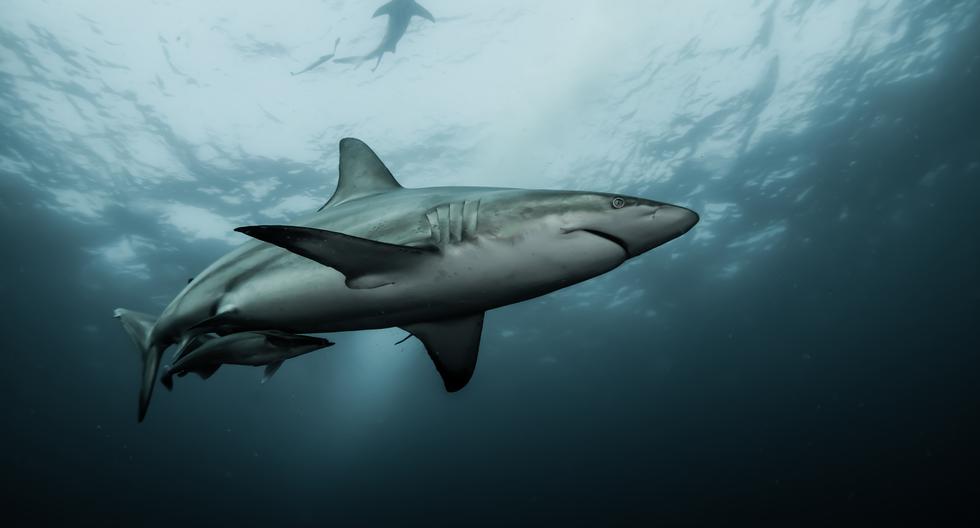In Peru there are about 66 species of sharks. However, there has been evidence of a population decline of these animals by 70%, due to overfishing and the international fin trade. Faced with this, members of the Sustainable Ocean Alliance Peru (SOA PERU) created a petition on the platform of Change.org where they request the Ministry of Production and the program PRODUCES vote in favor of Panama’s proposal in CITES, a conference that will be held in November this year and that will include the participation of more than 180 countries, in order to regulate international trade in sharks, specifically of the Carcharhinidae family.
“When I started to investigate the number of people who had died from shark attacks in the world, I was surprised that it was an average of 5 to 7 people a year, while humans kill more than 100 million sharks annually “, commented Stefanie Torres, president of SOA Peru. “For some species, the real threat is us. Today I want to do everything in my power to protect them. This is our opportunity to vindicate ourselves as humanity because this November more than 180 countries will gather to vote for a proposal that seeks their protection and as Peru, one of the largest exporters of fins in the region, we must join and support this initiative.”
LOOK: Chinese ship was intercepted in the Galapagos with thousands of sharks
The catastrophic decline in the shark population has been driven by unregulated fishing that seeks to fuel the international trade in their fins. Currently, at least 35 species of the family Carcharhinidae have been documented in Hong Kong fin markets, representing 46% of all species recorded in this market (Fields et al. 2017).
According to specialists, sharks are known to keep algae habitats clean, just like coral reefs. However, since there are sharks of the Carcharhinidae family that are “endangered” or “critically endangered”, this represents a risk for the oceans. “We ask the authorities and the countries of the Latin American region to listen to us, because we need international efforts and commitments that for the first time include this group that has been so affected. From SOA Peru, we started our “Yes to sharks” campaign because we need to say Yes to the marine species that allow the ocean to be healthy. Yes to the protection of sharks, yes to the regulation of international trade, yes to our ocean doctors, yes to the inclusion of the Carcharhinidae family and yes to CITES”, concluded Stefanie Torres.
To learn more about the petition, look at www.change.org/Sharks in Danger

















